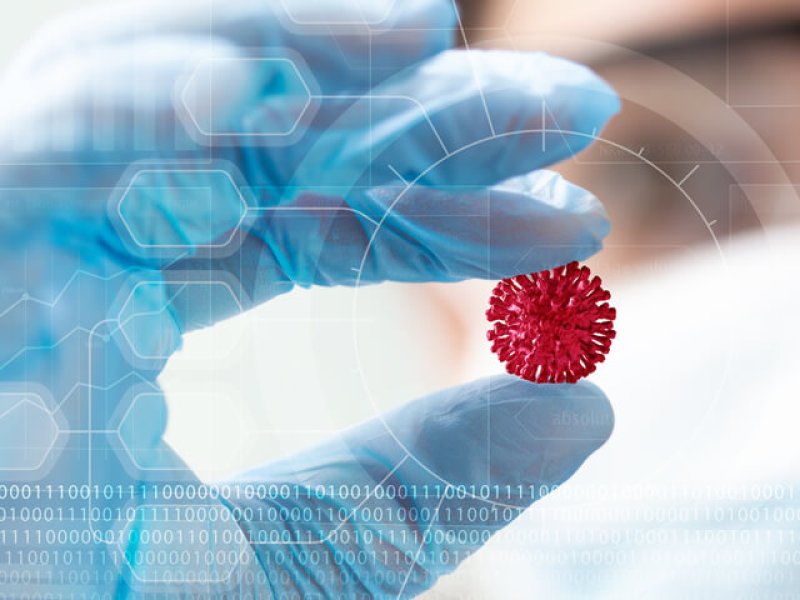Nearly a year and a half into the pandemic, researchers are still struggling to find effective, easy-to-use drugs to treat Covid-19.
Ten drugs have been cleared or recommended in the U.S. for use. Two of those later had their authorizations rescinded after they failed to work. The government recently paused shipments of a third because it wasn’t effective against new variants. The best medicines for early treatment are cumbersome to administer, and drugs for those in the hospital can only do so much for patients who are already severely ill.
“We’re really limited, to be honest,” says [ProHealth New York’s] Daniel Griffin.
A long list of factors played into the checkered development of drugs to treat Covid-19 cases—exposing flaws in the infrastructure of medical research and healthcare, particularly in fighting a fast-moving pandemic.
Federal officials concentrated their resources on quickly developing vaccines, with success. However, a relative dearth of drug research focused on coronaviruses, despite previous outbreaks, held back a fast response on treatments. Scattered U.S. clinical trials competed against each other for patients. When effective yet hard-to-administer drugs were developed, a fragmented American healthcare system struggled to deliver them to patients.































